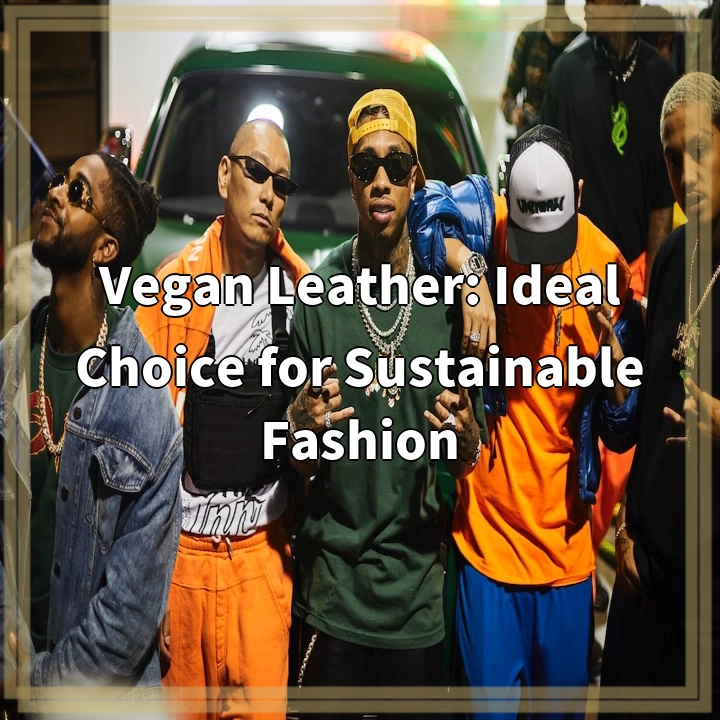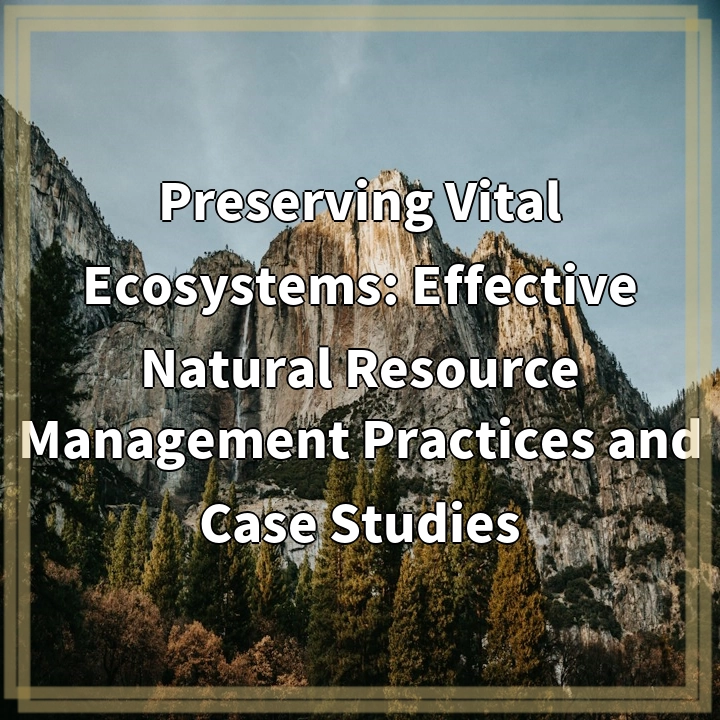
What is Vegan Leather?
Vegan leather, also known as faux leather or synthetic leather, is a sustainable alternative to traditional animal-derived leather. It is made from various synthetic materials, such as polyurethane (PU) or polyvinyl chloride (PVC), that mimic the texture and appearance of genuine leather without using any animal products.
Real-World Problems Associated with Vegan Leather
Although vegan leather is considered a more sustainable choice in comparison to animal leather, it is not without its challenges. Here are some real-world problems associated with vegan leather:
1. Manufacturing Process
The production of vegan leather often involves the use of chemicals, including solvents and adhesives, which can have negative environmental impacts. It is essential for manufacturers to adopt eco-friendly practices and prioritize the use of non-toxic materials.
2. Durability and Quality
Some types of vegan leather may not be as durable or long-lasting as genuine leather. It can be prone to cracking or peeling over time, especially if not properly cared for. However, advancements in technology and manufacturing techniques have led to the development of more durable vegan leather options.
3. Microplastic Pollution
Vegan leather made from materials like PVC can contribute to microplastic pollution. During its lifecycle, small particles of plastic can be released into the environment, particularly when it is disposed of improperly or breaks down over time. However, there are vegan leather alternatives made from more sustainable materials such as recycled polyester or plant-based fibers, which help address this concern.
4. Lack of Regulation and Labeling
The lack of consistent regulations and labeling standards in the vegan leather industry can make it difficult for consumers to make informed choices. Some products labeled as “vegan leather” may still contain small amounts of animal-derived materials or be manufactured using unsustainable practices. Increased transparency and standardized labeling requirements would help build consumer trust and encourage responsible production.
Overall, vegan leather offers a promising alternative to traditional animal leather, providing a more sustainable option for fashion. However, it is important for the industry to address and overcome the real-world problems associated with its production and disposal, ensuring that vegan leather truly lives up to its potential as an ideal choice for sustainable fashion.

Solutions for Vegan Leather Challenges
While there are real-world problems associated with vegan leather, the industry is actively working on solutions to address these challenges:
1. Sustainable Manufacturing Practices
Manufacturers are increasingly adopting eco-friendly practices, such as using water-based adhesives and reducing the use of harmful chemicals. This helps minimize the environmental impact of the manufacturing process.
2. Advancements in Material Technology
Researchers and innovators are constantly working on developing more durable and high-quality vegan leather materials. This includes exploring options like pineapple leaf fibers, mushroom-based leather, or recycled and bio-based materials. These alternatives aim to offer improved durability, while reducing environmental impacts.
3. Microplastic-Free Alternatives
The industry is striving to offer vegan leather options that do not contribute to microplastic pollution. By using materials such as recycled polyester or plant-based fibers, manufacturers can reduce the environmental impact and address concerns related to microplastic emissions.
4. Improved Labeling and Transparency
Labeling standards and regulations for vegan leather products are evolving to ensure accuracy and transparency. With clear labeling, consumers can make more informed choices and trust that the products they purchase align with their sustainability values.
By implementing these solutions and continuing to prioritize sustainability, the vegan leather industry can overcome its challenges and provide an ideal choice for sustainable fashion.















